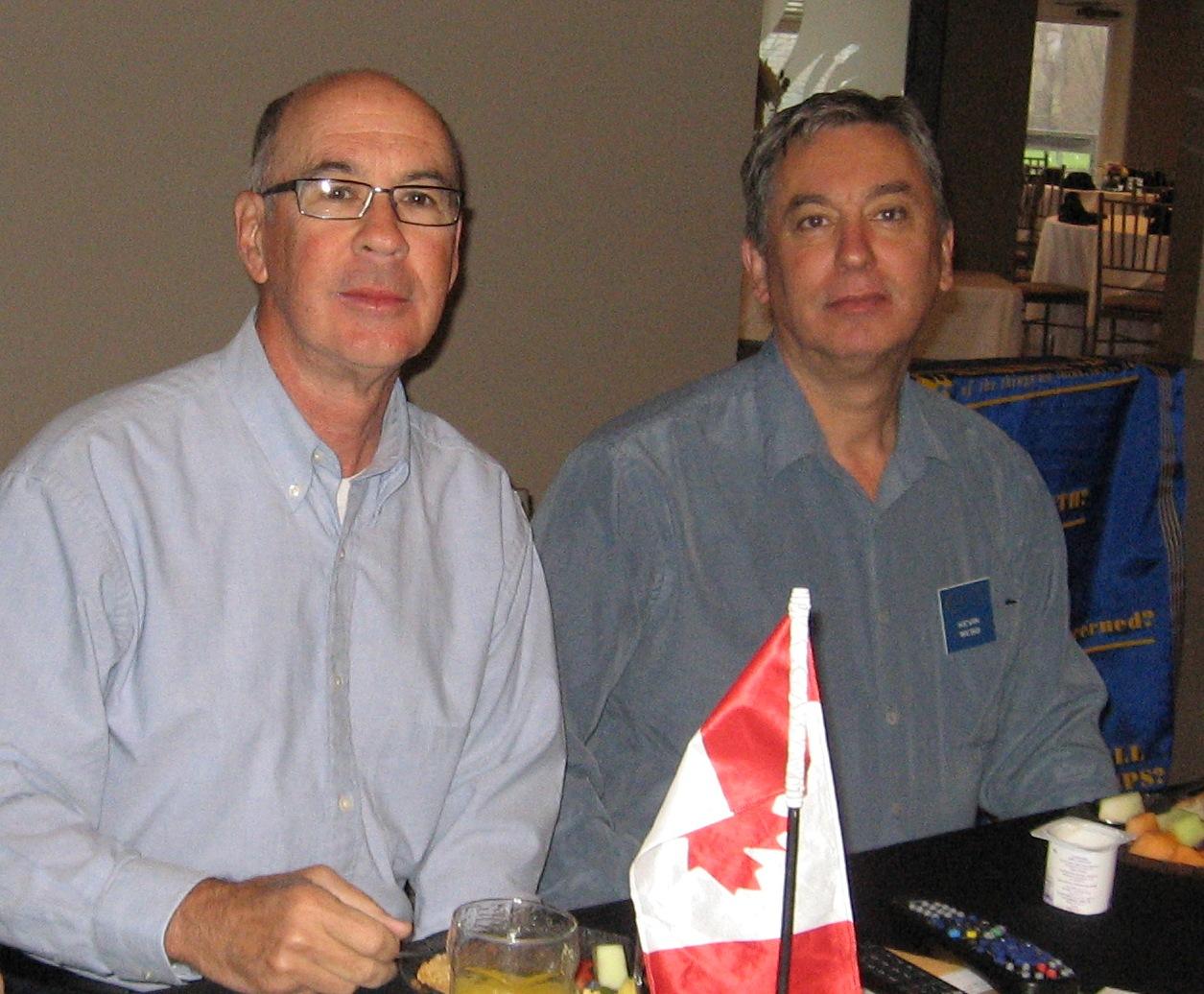Hope for Rural Children and Orphans (HORCO)

Our speaker for our May 8th meeting was Bob Kline, Executive Director for HORCO (Hope fOr Rural Children and Orphans), who spoke about the volunteer organization's efforts to help fund water and sanitation projects implemented by a local NGO in rural Ethiopia. His presentation is available in the download section of the home page.
In 2011, it was estimated that over 50% of rural Ethiopians still lacked access to water, sanitation and hygiene. To put that in perspective, the number of un-serviced rural Ethiopians is greater than the total population of Canada
Hope for Rural Children and Orphans (HORCO) is a volunteer-based charity registered with the Canada Revenue Agency to carry-out water, sanitation, education and HIV/AIDS awareness projects in developing nations. We have been working in Ethiopia since becoming a charity in 2008.
It's Mission is to ensure sustainable improvement in the quality of life of marginalized people, particularly among women and children in rural Ethiopia.
HORCO provides financial resources for Board approved projects, which are implemented by a registered all-Ethiopian NGO. These projects are done in partnership with rural communities who have requested HORCO assistance, following need - and asset-based, participatory activities with the NGO and district government officials, and who are committed to resource-sharing to accomplish and sustain the work.
Simply put: HORCO helps Ethiopians meet their own needs.
A Personal Testimony July, 2012
.jpg)
Ms. Shewaye is one of the beneficiaries of the new water supply in Goro Buchura Village. She has 5 boys and 6 girls. Recently she has started collecting water from the new water point, which was constructed by the village with donated resources from HORCO and supervision by the Ethiopian Kale Heywet Church Development Program. She was asked a few questions by EKHC Staff about changes in her life style after having a new water supply near her home.
Ms Shewaye, what did you feel about the new water supply near your home?
A: I am so pleased and I have no word to express. I just want to say thank you so much and may God bless EKHC Staff and the HORCO donors abundantly.
Q: Where did you collect water from before?
A: I use to get water from a river about 1hour walk and usually dirty water. People and animals use from the same source. We have not had other options to collect water other than the river. Normally, we collect water 2 times a day with a heavy load on our back.
Q: What was your contribution to this new water point near your home now?
A: We have participated in the labor work (digging trench, backfill, fencing) as well as learning about health, sanitation and hygiene promotion.
Q: What did you learn about health and hygiene? Can you tell us?
A: Yes, the need for having sanitation facilities near our home, keeping clean our water containers and food stuff, keeping clean our home and utensils and keeping the environment clean.
Q: Have you had any changes since the health and hygiene education?
A: Yes, we have made a good progress. We have built pit latrine, cleaning our utensils and others.
Q: You said you have been using unsafe water from a river far away from your home. What health problems did you face in your community?
A: The common problems are: typhoid, diarrhea, ameba and others. We have to travel a long distance for medical care and spend time and money.
Q: What changes have you seen since you have the new water supply closer to your home?
A: We have recently started using this water and we hope to see a great change in our health. Even at this stage, it is wonderful to have safe water supply in the center of our community. We can use more water and reduce our time and energy.
On behalf the implementing agency and HORCO, our partner in Canada, we concluded our interview by saying ‘thank you’ to Ms. Shewaye.
Submitted by Mogus Mehari, Director, EKHC WASH Program, July 2012.
